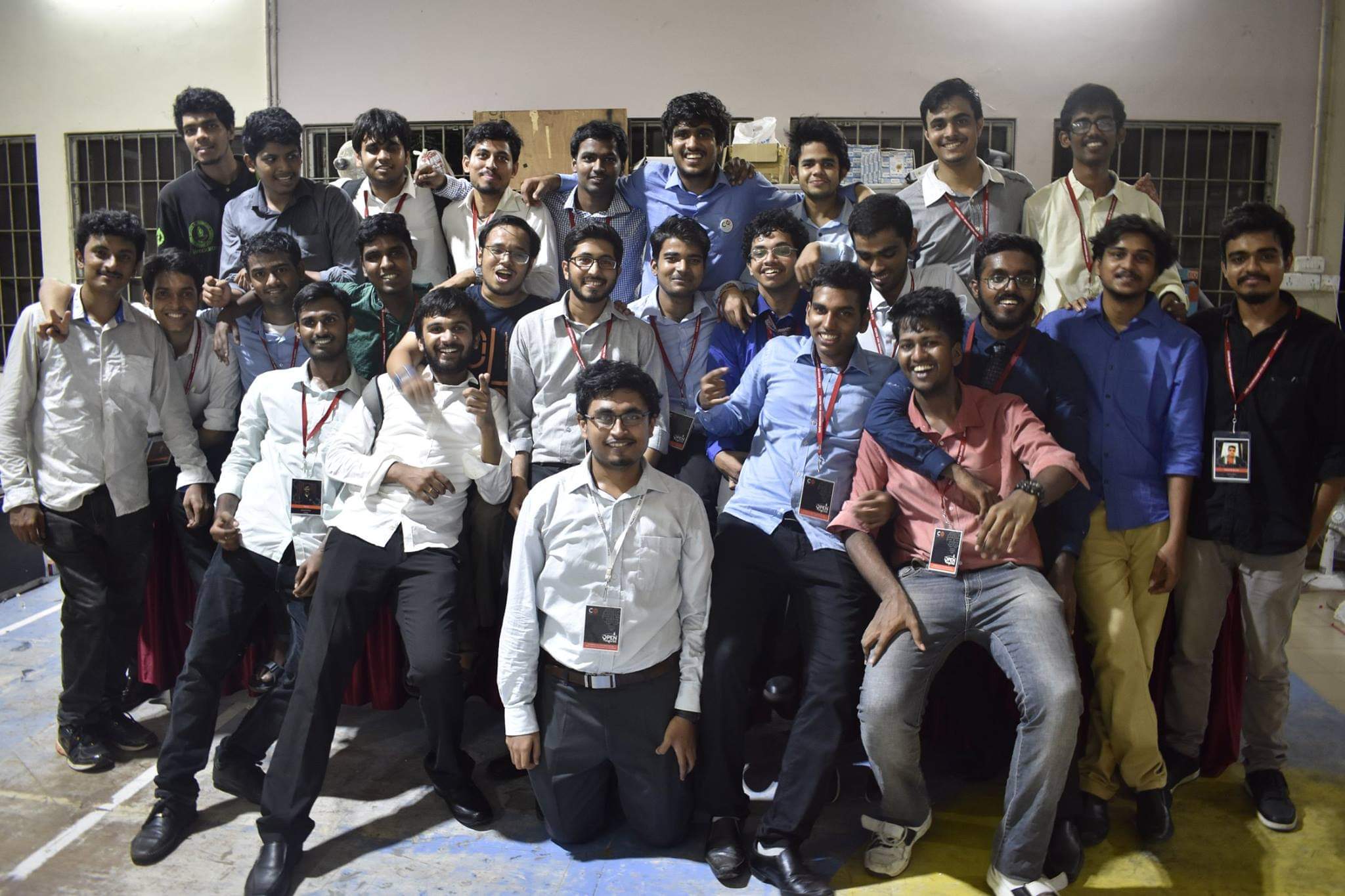By Arun Sudarsan
In February this year, the Student Affairs Council (SAC) passed significant changes to the Student General Election process. Instant Runoff Voting (IRV) was introduced, along with “Reject” button, giving voters an additional option and significantly more power to determine the outcome of the elections. However, any amendment to the Student Constitution can be implemented only with the approval of the Administration. Members of the SAC did eventually succeed in convincing the Election Officers, and the Board of Students in approving the changes.
Whether or not it had a significant impact in the subsequent election is debatable. What is clear from the episode is that a strong student representative system is necessary to make positive changes to the lives of students[1]. There are many challenges that our campus faces, of which some are beyond the scope of any student representative to correct. There are, however, significant ways in which the SAC can intervene and create a lasting impact. This article is a wish-list to the 2014-15 SAC.
One of the hotly debated and discussed issues on campus last year was the financial misappropriation in Saarang. Exemplary punishments were meted out to the guilty, while strong warnings were issued to the prospective student leaders of the dire consequences on offer if they cross the line of financial morality. The setting up of a Financial Accountability Commission to investigate cases of misappropriations by student organizers is the need of the hour. While no man-made system is immune to human deceit, it is imperative that we be eternally vigilant against instances of financial dishonesty. Although an in-principle approval was granted to this in April 2014, we are still awaiting the setting up of the same. (Readers may read more about the proposed structure of FAC here).
Along with the setting up of FAC, the SAC should also consider passing the Right to Information. Across the country, RTI has been a catalyst for change and ushering in of transparency. With all official financial transactions and communication under public scrutiny, if implemented along with the FAC, it will ensure a certain level of probity amongst the student representatives.
The important question that follows from the suggestions above is this – “how can we get honest representatives”? Changes in Election Campaign rules may offer help in that direction. For such a small community, students still rely on their friends or “political gods” to know whom to vote for. While it is convenient to do that, the end result might not always be optimal for the institute. The rigid campaign rules ensure that campaigns can only campaign directly with the voters[2]. Candidates should be allowed to use social media sites (Facebook, Twitter etc.) to connect with the voters. This, over time, would hopefully reduce the dependence on a few influential students and groups.
One of the disappointing aspects of our elections is the absence of women Executive Wing members, with rare exceptions. The brute majority enjoyed by the male population on campus makes it almost impossible for any woman candidate to win an election, due to the ingrained sexism on campus[3]. Reservation for Women in our Executive Wing posts should be enacted to keep one post aside for female candidates alone[4]
While a strong SAC, along with a willing Administration, can bring about substantial changes to the student life at IIT, the role of dissenting opinions in bringing about change cannot be discounted. There is a disturbing trend to avoid any dissent being aired publicly for the fear of affecting “the image of the Institute”[5]. Although I agree that the prestige of the Institute has to upheld, that cannot be achieved by brushing issues under the carpet, instead of being open to public criticism. An atmosphere of open discussion on difficult issues is the need of the hour. Two important issues have to be dealt with by the SAC.
Modification to the Acceptable Use Policy: Your use of internet and computing resources at IIT-M binds you to follow the “Acceptable Use Policy” of the Institute which has a section exclusively devoted to “Blogging” which states, among other things, thus.
“Students and Employees shall not engage in any blogging that may harm or tarnish the image, reputation and/or goodwill of IIT Madras and/or any of its students and employees.”
The combination of words above produce meaning that is vague and ambiguous at best, and can be used by IIT-M to deny access to internet services to its students. (Readers can read the complete policy here.)
Independence of The Fifth Estate: The Institute’s news organization deserves its independence to express its opinion through Editorial column without fear of censorship and retribution. Attempts at censorship, either by the student representatives, or the Administration have to be vehemently opposed. The SAC has to ensure that T5E enjoys editorial freedom, while at the same time ensuring that they follow journalistic ethics. The recent request to modify an article on ‘mitr’ posters is a worrying sign of muzzling dissent.
The SAC for 2014-15 has started on a positive and energetic note, organizing a Town Hall Meeting, the first SAC Meeting of the year, and launching a new portal to facilitate closer interaction between students and their representatives. I hope that they will look into the issues mentioned here, and arrive at a logical conclusion.
SAC 2013-14 Trivia
o The SAC in 2013-14 met 10 times (3 Emergency Meetings, 2 Old-New SAC Meetings, 1 Special Meeting, and 4 Regular Meetings), more than the previous three years combined.
o For the first time ever, 11 Councillors were removed from the Council for lack of minimum prescribed attendance.
o The longest meeting lasted for 7.5 hours, to discuss the Saarang Misappropriation Case
o 4 committees submitted reports on issues that required detailed examination. While the report on Saarang, sub-committees, and student elections have been implemented, the one on Honour Code is awaiting approval.
About the Author
Arun Sudarsan is a 2014 MA Economics Graduate from the Department of Humanities and Social Sciences. He was MA Councillor 2013-14. As a Member of the SAC, he chaired two sub-committees, one of which drafted the IIT Madras Honour Code.
Notes:
[1]The SAC also played crucial roles in advancing decisions with immediate results. The introduction of a separate non-vegetarian mess, and the bifurcation of mess halls in Himalaya were the result of sustained efforts from the SAC and the Executive Wing in 2013-14.
[2]The SAC 2013-14 unsuccessfully attempted to persuade the Election officers to modify this.
[3]A student-poll conducted by the SAC last year presented us a stark picture of the situation on campus. While a majority of students agreed that women candidates were at a disadvantage, an equal majority opposed reservation to check the same. Readers may request the current Speaker, SAC to share the survey results with the General Student Body.
[4]There are 9 EW posts — Student General Secretary, Co-Curricular Affairs Secretary, Hostel Affairs Secretary, Cultural Affairs Secretaries, Academic Affairs Secretary, Research Affairs Secretary, Sports Secretary, and the International and Alumni Relations Secretary.
[5]The first tweet from the Dean (Students) read thus – “Your ideas, suggestions and criticisms are welcome. Avoid sex, religion & politics in discussions. Thanks”. He hasn’t tweeted ever since.
Editors’ Note: The opinions expressed in this piece are those of the author, and do not represent T5E’s views.




